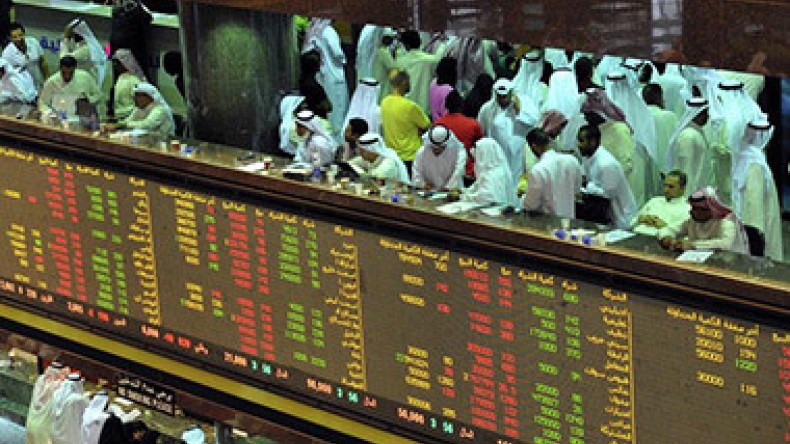
Mideast markets rally as investors welcome Iranian ‘nuclear deal'
By Kristian Rouz, Sputnik
Mideast stock markets have rallied in early Sunday trading, with Dubai stocks nearing their best close in three weeks, as market participants are still optimistic due to Iran having reached a framework agreement with six major nations this past week. Meanwhile, in America, futures at the S&P 500 are poised for significant losses as soon as Wall Street reopens after Easter holiday next week, as investors' concerns are brewing over the weekend.
The Iranian 'nuclear deal,' having set an implementation deadline for 30 June, seems to be a direct threat to other oil-fueled Gulf economies, as the perspective of Iran returning to the global oil market once the international sanctions are lifted, has weighed on crude's valuation. However, it turns out that Middle Eastern markets are focusing on the newly-emerging investment opportunities, as capital-starved Iran, boasting a dirt-cheap workforce, is a very promising place to buy into. Capital gains the Gulf-based investors are hoping to extract out of projects in Iran, are estimated as far outmatching losses caused by cheaper energy
Dubai's stock market has led the Mideast rally, as local traders are also hoping to extract profits mediating between Iran and multinational enterprises in their future ventures. The DFM General Index added 1.6%, with Air Arabia advancing 2.8% due to prospects of expanding their business into Iran.
Dubai's real estate equities also jumped, led by DAMAC, adding 8.9% after the company announced it would participate in construction of a 50-floored skyscraper in central London, thus entering the English property market.
In Abu Dhabi, the ADX General Index rose 0.2%, with the biggest gains coming in the First Gulf Bank's stock, adding 1.4%, while Qatar's QE Index edged 0.3% up. A declining oil has weighed on these rather small and overtly crude-reliant markets.
In Iran, the Tehran Stock Exchange rose 3.2% as the nation is now preparing to recommence its oil exports, despite the current global price being far below the fiscal breakeven, which stands at some $130/bbl for investment-starved Iran. Tehran is expecting to earn $24 bln to $30 bln in oil exports this year, boosting its overall economy, while the expected influx of capital is anticipated to make up for the insufficiently high crude price.
Meanwhile, Iran's national currency, the rial, has tumbled 2.2% as demand for the US dollar in the ‘grey market' has surged dramatically.
In Kuwait, the stock market added 0.5% with Agility, the logistics enterprise, potentially making on the Iranian deal, having advanced 1.3%.
Global markets, however, might take a serious blow in late Monday-early Tuesday trading, as over the weekend investors in the US have evaluated a possible negative effect of the soft labour data coupled with the decline in corporate profits to an unfavourable conclusion. With corporate profits anticipated to decline as much as 5.8% in Q1, then continue their retreat by 4.2% in Q2 and 1% in Q3 due to a stronger US dollar, the markets will see a selloff on Monday, only to become even more data-sensitive as profits season starts of 8 April in the US.
Newsfeed
Videos






























